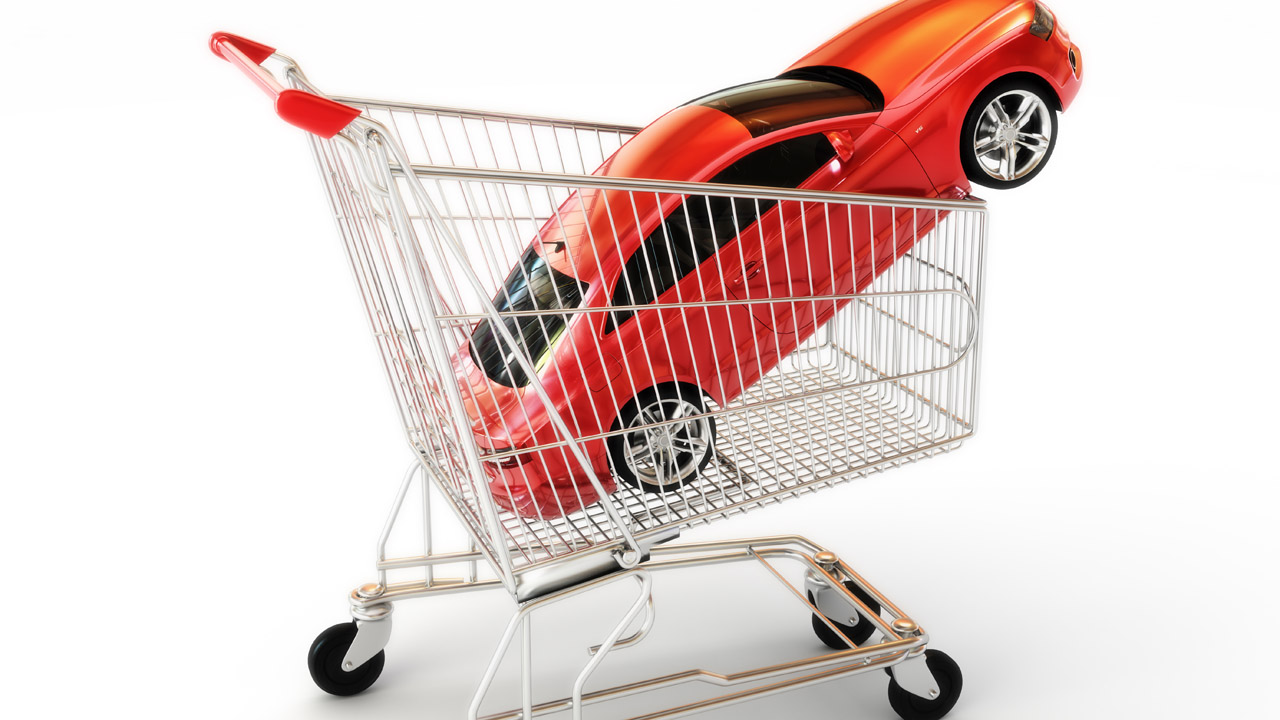You need a new car. Should you buy or lease? If you own a business, should you purchase or lease a car through the company. We’ll address each of these questions in this post.Buying vs. Leasing a Vehicle The best decision for you depends on your situation and taxes are only part of the equation. You should also consider
- The number of miles you drive each year (if you drive more than 12,000 miles per year, you will incur extra mileage charges with many car leasing contracts)
- The length of time you keep a car (if you drive a car until it drops, purchasing rather than leasing may be a better financial decision)
- The amount of monthly payments your cash flow can handle (lease payments are usually less than car loan payments)
 In general, if you prefer to get a new car every three years, do not rack up huge miles on your car each year and don’t want a large monthly payment, a car lease makes sense for you.
In general, if you prefer to get a new car every three years, do not rack up huge miles on your car each year and don’t want a large monthly payment, a car lease makes sense for you.If you keep cars for a long time, drive many miles and can handle a slightly higher monthly payment, purchasing a car makes sense for you.
Deducting Vehicle Operation through Your Small Business
If you own a business, you can deduct business-related auto expenses. You can do this with a car you lease or purchase. You can take this deduction in two ways. You can use the standard IRS mileage rate, which in 2016 is 54 cents/mile, or you can deduct actual auto expenses. For a leased or an owned car, you can also deduct parking and tolls.
Caution: If you place a car in your business and use the auto expense method for deductions, you cannot later switch to standard mileage rate without consequences. If you make that switch and you own the car, you must use the straight-line depreciation method. If you lease the car, you cannot switch from one method to another.
If you use the auto expense method, you must track all auto related expenses and multiply that times the percentage of the auto’s business use. For example, if you drive a car 10,000 miles a year and 6,000 of those miles were for business, you can deduct 60% of the auto’s operating expenses.
Your deductible auto expenses include the actual costs you incur annually to operate your car (gas, oil, window wiper fluids, maintenance, tires, repairs, license fees, insurance, detailing, car loan interest, etc.) You can also deduct depreciation of the car (along an IRS approved-schedule).
You can pay for all of the operating expenses, through the business. You must keep a log of the percentage of its business and personal use. You must claim the amount you attribute to personal use as income.
Leasing Can Provide a Higher Tax Deduction
In some cases, if you deduct actual expenses instead of the standard IRS mileage rate, leasing can provide a larger annual tax deduction than purchasing. This advantage for leasing occurs because the IRS limits the amount of depreciation you can take each year for vehicles weighing less than 6,000 lbs.
You must calculate a lease inclusion “add back”, which is the leasing equivalent of the luxury auto limited depreciation. If you have questions, please contact us.
Does the Owner or the Business Hold the Title?
If you use the vehicle for both business and personal trips, the IRS considers it a mixed-use vehicle. You are not required to place the ownership and title under the business.
If you drive a vehicle more than 50% for business, you can incur some local taxes. Please check with your accountant about your situation.
Also, remember if you drive your personal car for business (visiting clients or delivering materials), you may need commercial vehicle coverage. Check with your insurance agent for more information.
If you have any questions about whether leasing or owning is better for you, please contact us.


